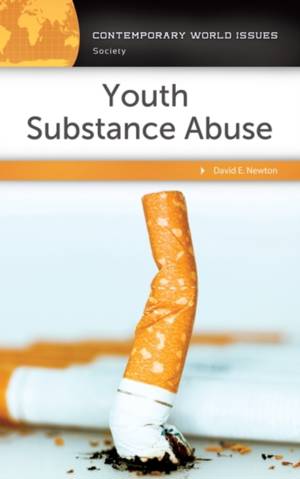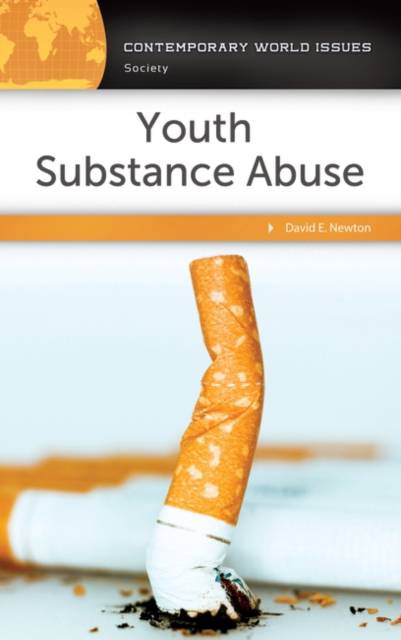
- Retrait gratuit dans votre magasin Club
- 7.000.000 titres dans notre catalogue
- Payer en toute sécurité
- Toujours un magasin près de chez vous
- Retrait gratuit dans votre magasin Club
- 7.000.0000 titres dans notre catalogue
- Payer en toute sécurité
- Toujours un magasin près de chez vous
Description
This text provides readers with an in-depth understanding of the essential aspects of youth substance abuse--an important contemporary personal, social, and public health issue.
Humans have been using natural and synthetic chemicals for at least two millennia--primarily for the purpose of treating medical problems, but also for recreational purposes. The 2014 Monitoring the Future survey of eighth, tenth, and twelfth grade students indicates a general decline in the use of illicit drugs over the last two decades. On the other hand, perceptions among youth that certain types of drug use--like marijuana and e-cigarettes--are harmless are growing. Youth Substance Abuse: A Reference Handbook provides an overview of the history and development of youth substance abuse along with a discussion of the medical, social, psychological, legal, and economic issues associated with youth substance abuse both in the United States and other parts of the world. The book begins with a comprehensive introduction to the subject of youth substance abuse that explains how modern societies have reached the point where abuse of both legal and illegal substances is a major health issue in many nations. Readers will learn about the effects of substances such as cocaine, marijuana, and heroin as well as substances that are typically legal but have deleterious health, social, or psychological effects, such as tobacco, alcohol, prescription drugs, and electronic cigarettes. Subsequent chapters address how and why youth substance abuse has become a problem in the United States and other countries, the demographics of this widespread problem, the direct and indirect effects of youth substance abuse and addiction, and the range of services and methods that are available for treating substance abuse.Spécifications
Parties prenantes
- Auteur(s) :
- Editeur:
Contenu
- Nombre de pages :
- 368
- Langue:
- Anglais
- Collection :
Caractéristiques
- EAN:
- 9781440839825
- Date de parution :
- 18-07-16
- Format:
- Livre relié
- Format numérique:
- Genaaid
- Dimensions :
- 160 mm x 231 mm
- Poids :
- 771 g

Les avis
Nous publions uniquement les avis qui respectent les conditions requises. Consultez nos conditions pour les avis.






